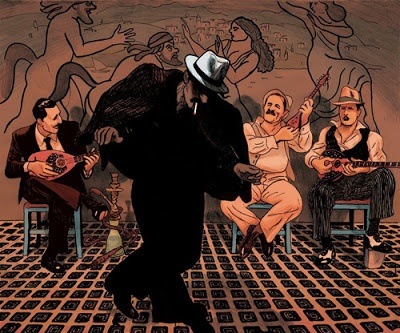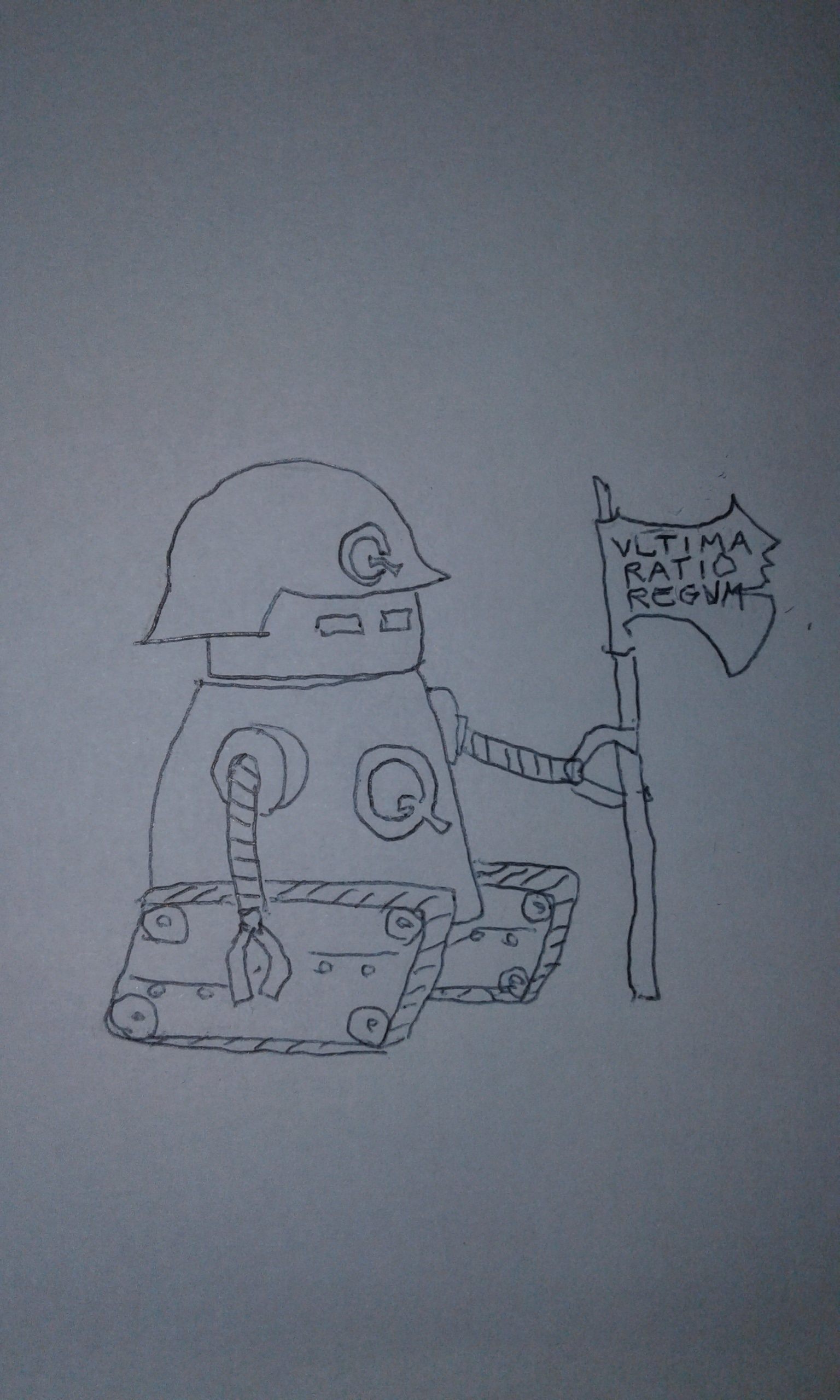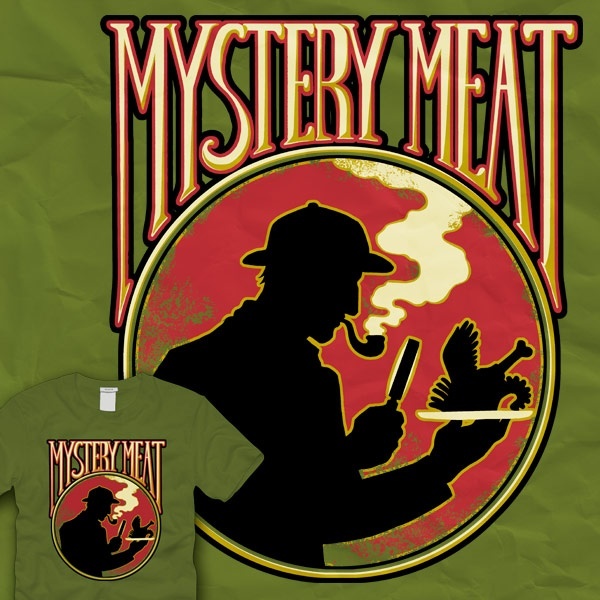— … By the twin gods, Autolycus!
—What then, O Charaxus?
—Hear you what a curious speech it is, that this strangely dressed individual utters?
—It is indeed passing curious.
—Some words sound like words of our common Hellenic tongue.
—Indeed so, O Charaxus.
—Yet there is a harsh deficit of diphthongs in his speech.
—Much like a Boeotian. Someone should indeed tell them, that there are more than seven vowels in the language.
—And some awkward sibilants, where a Grecian would use stops.
—You have learned quickly the terms of the sophists, O Charaxus! Like unto a Laconian, methinks. Nē tō θiō.
—Yes, yes, instead of Nē tō tʰeō. “By the twin gods.” But forsooth, with many more horrid sounds.
—And such monotony of speech, O Charaxus!
—Indeed. Much like unto the rattle of some dull bird. No poise of long and short vowels, no tunefulness of speech. A mere monotonous alternation of loud and soft noises.
—What make you of this then?
—Were it not for the lack of long vowels, my good Autolycus, I would think this some peculiar Aeolism, some corrupt dialect of our storied tongue. Like unto Nick Nicholas’ answer to During antiquity, did anyone in Greece or Rome recognize similarities between Greek and Latin languages and hypothesized relationships between them?
—A capital scholar, this Nicholas, grandson of Nicholas.
—I vouchsafe you, sir. Yet even those blockheads of Latium speak more tunefully than this.
—What then, O Charaxus?
—Mark you not, my good Autolycus, the lip hair on many of his number? That which we call mystax?
—Indeed I do, O Charaxus.
—And his breeches, worn in the stead of a decent chlamys?
—Very much so.

—This, and the corrupt Aeolisms that pass from his lips, the which remind one of Grecian words, yet are not truly Grecian. It is decided, Autolycus.
—Very much so, O Charaxus.
—This man is a Celt. A Gaul, I believe.
—May he to the crows! Es kórakas!

EDIT: https://www.quora.com/How-would-…
Steve Theodore
On the one hand, brilliantly thou speakest; on the other meseems thine Hellenes abstain from balancing clauses. οἴμοι!
—Good morrow, O Charaxus; what news bear you then from the fora?
—Hooray, mén, my good Autolycus; alas, dé!
—Wherefore then this contradiction, O Charaxus? I would fain learn that.
—Our discourse on the peculiar Gaul , which we conducted the other day, was acclaimed for its brilliance, mén. It was castigated for its inelegance, dé.
—In what wise though was it found to be inelegant?
—Our discourse used many of the elegant particles of our storied Grecian tongue, mén. It neglected, so it would seem, to use mén and dé, dé.
—And know our readers at the fora, O Charaxus, that mén in Greek means ‘on the one hand’, and dé ‘on the other hand’?
—They way well not have before now, mén. I will vouchsafe you they know it now, dé.






